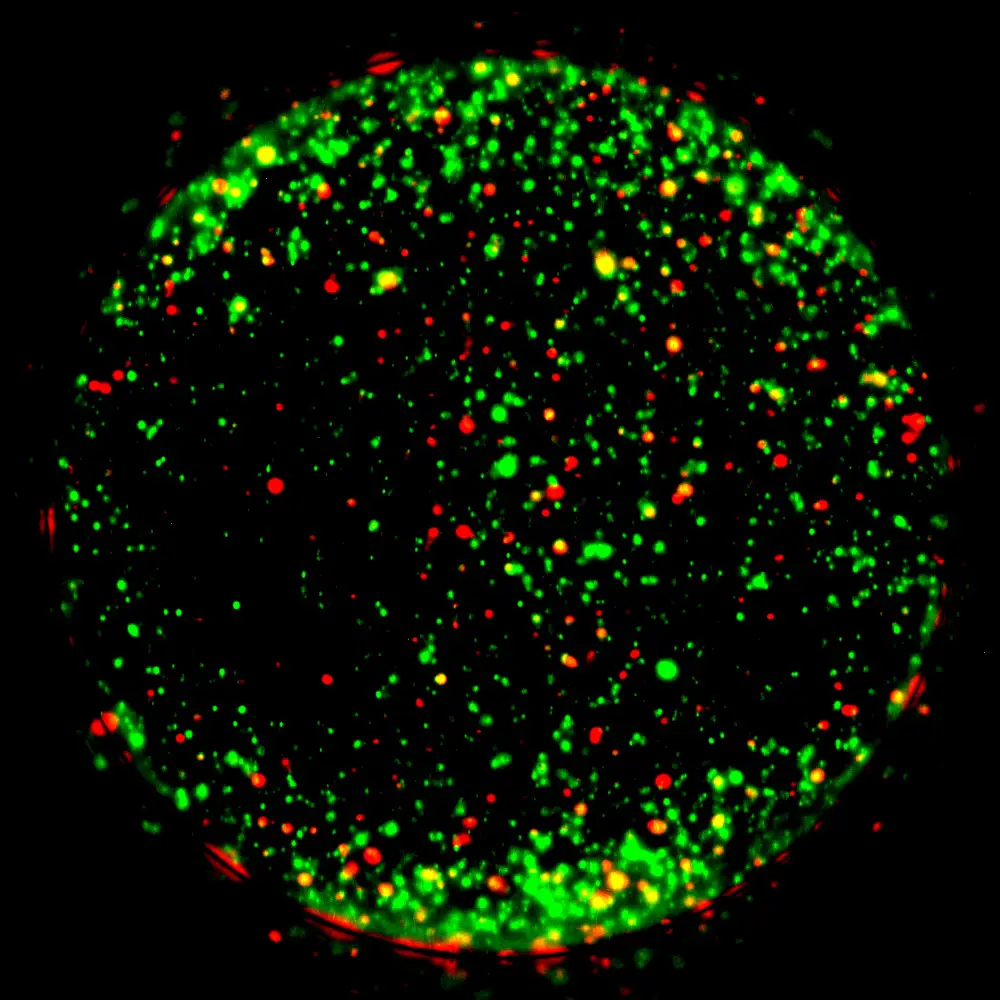Greg’s SPARK project shed light on how immune responses in the blood of ALS patients differ from those in healthy individuals. He found signs of abnormal immune responses in ALS and uncovered potential new targets for treatment. Greg is now advancing his career in neuroinflammatory research in the biomedical industry.
2023 Tullie and Rickey Families Spark Awards Winner
Gregory Williams, Ph.D.
What if we can detect dangerous T cell responses in the blood of ALS patients?
Funded: January 2023
Funded by: The generosity of various donors
What was the goal of your SPARK project?
Amyotrophic lateral sclerosis (ALS), formerly known as Lou Gehrig’s disease, is a progressive and fatal neurodegenerative disorder. The exact causes of ALS are unclear, but misfolded brain proteins are known to be neurotoxic. Recent research also suggests the immune system might play a role in ALS. The goal of my SPARK project was to investigate the immune mechanisms in ALS by comparing immune responses of ALS patients with age-matched healthy controls.
SPARK project results
My project involved collecting blood samples from ALS patients and healthy donors, in collaboration with Emory ALS Center, UC Irvine MDA ALS Center, and the NIH Neurodegenerative Disorders Clinic. I obtained blood from 20 ALS patients and 9 healthy controls, exceeding my goal. I used previously collected PBMC samples for healthy controls and processed them at LJI’s John and Susan Major Center for Clinical Investigation. I generated and screened ALS peptide pools using PBMCs from both groups to detect immune response differences, which led me to focus on pro-inflammatory cytokines IL-5 and IL-10. While no significant pro-inflammatory differences were found, increased anti-inflammatory responses related to the C9ORF72 gene were noted. These findings suggest abnormal immune responses in ALS and indicate that IL-5 and IL-10 may be potential targets for therapeutic interventions.
What’s next for this project?
The data I generated through my SPARK project offered valuable insights into the role of the immune system in ALS. These findings supported the hypothesis that immune cells exhibit dysregulated signaling in ALS, particularly with regard to T cell reactions to ALS-related proteins. I have now transitioned to a new role as a scientist at Escient Pharmaceuticals, a local neuroinflammatory pharmaceutical company; however, LJI’s Sette laboratory with LJI Adjunct Professor Cecilia Lindestam Arlehamn are continuing this important work. I hope future experiments can further enhance our understanding of the immune landscape in individuals with ALS.
What’s next for Gregory?
I am excited about the opportunity to work in an industry role at a local company specializing in neuroinflammatory disorders. I am eager to advance my career by spearheading and managing projects aimed at innovative therapeutic solutions.

“The goal of my project is to study T cells in the blood of ALS patients and see if we can identify a destructive phenotype within these T cells, as compared to people who have not developed ALS. If we can pinpoint destructive T cells, this might be an avenue for potential therapy to slow or pause the progression of the disease.”

